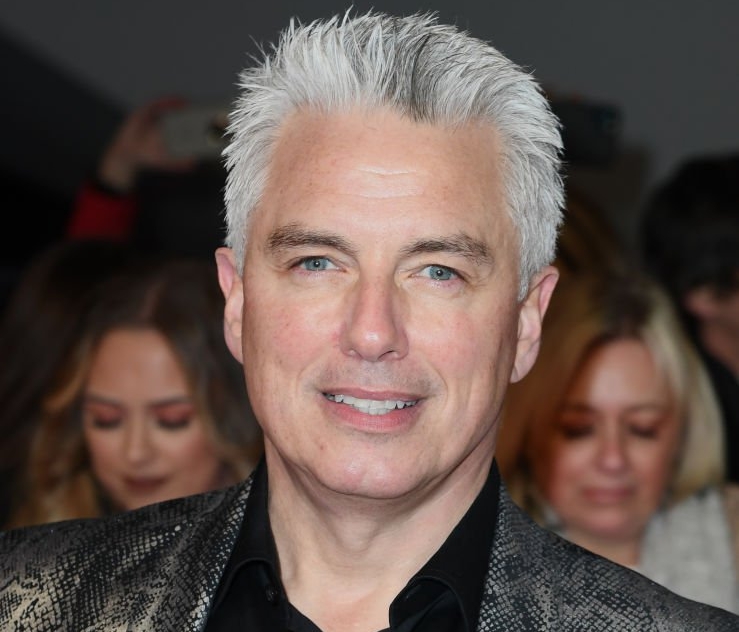In response to accusations from multiple women that he exposed himself on the sets of BBC productions Torchwood and Doctor Who, actor John Barrowman has apologised for “tomfoolery”, saying that he “only ever intended in good humour to entertain colleagues on set and backstage”.
While I believe his actions, first reported by the Guardian, were not intended to be sexual in nature, that’s hardly the point: this “tomfoolery” could be traumatic for others and reeks of double standards in how some gay men are not held accountable for inappropriate behaviour.

The allegations emerged after a video of actor Noel Clarke, who is facing accusations of sexual harassment, resurfaced on social media. In the clip Clarke, who was speaking at a panel event in 2005, said his Doctor Who colleague Barrowman exposed himself while on set – even resting his penis on the shoulder of a member of the crew. Clarke says he believes Barrowman evaded backlash for this “because he’s a gay man”.
While Clarke massively oversimplified the issue, he had a point: that the actions of some are not being taken as seriously as the actions of others. It should be blindingly obvious that LGBTQ people should be held to the same account as their straight counterparts when it comes to making sexually inappropriate comments. But sadly, some LGBTQ people play by their own rules.
“SHOW ME YOUR ASS!!”
That’s what John Barrowman once barked at me as I waited at the stage door of an event where he was performing. He smiled confidently as he said it and maintained eye contact, which felt even creepier. He seemed unaware of how he had made everyone around him feel, including me.
This was years before MeToo, and any thoughts about appropriateness were quickly overtaken by feelings of shock. I laughed nervously – had this actually happened? But I know I am not the only one to have had experiences like this – my friends all have stories.
A survey by men’s health charity GMFA revealed that 62 per cent of British gay men have been touched in a bar without giving their consent. There is a dominant narrative among some LGBTQ men that it’s okay to be sexually aggressive with flirtation, whether verbal or physical. But while some men may like aggression in the bedroom, or even through flirtation in public spaces, there is a crucial difference between consensual aggressive sexual and flirtatious acts and unwanted, unprovoked acts no one’s asked for.
There are reasons some men act in these ways. In the queer male sphere, so much is sexualised. Topless images of men wearing tiny underwear are the go-to for nightlife promotional material, and in LGBTQ spaces like bars and clubs, aggressive sexual advances are normalised. It’s not uncommon to have a guy grab your crotch or your bum on a night out and them look at you as if they’ve done you a favour.

Such attitudes are problematic and there needs to be a gear shift in the way gay men in particular assume other men wish to be spoken to. I’d like to see more of these unwanted sexual advances called out – but change must come from the top. Queer establishments and prominent individuals must start proactively calling out bad behaviour to set a precedent. Putting up more signage warning of the repercussions of unwanted touching or non-consensual advances in bars, for example, would be a great way to start changing the narrative for the future.
LGBTQ people should, if anything, be even more aware of the damaging mental health repercussions of unwanted approaches. Members of queer communities are statistically more likely to experience mental health struggles than straight people, and therefore are in great need of being protected from inappropriate sexual advances.
Men like Barrowman need to understand the consequences of their actions. By opening up a conversation about the fact that abuse of power happens within queer communities too, people will think twice before they grab or bulldoze in with their comments.
John Barrowman did not respond to a request for comment.
Adam Bloodworth is a journalist

Grindr must act but there are darker reasons why children are on the dating app